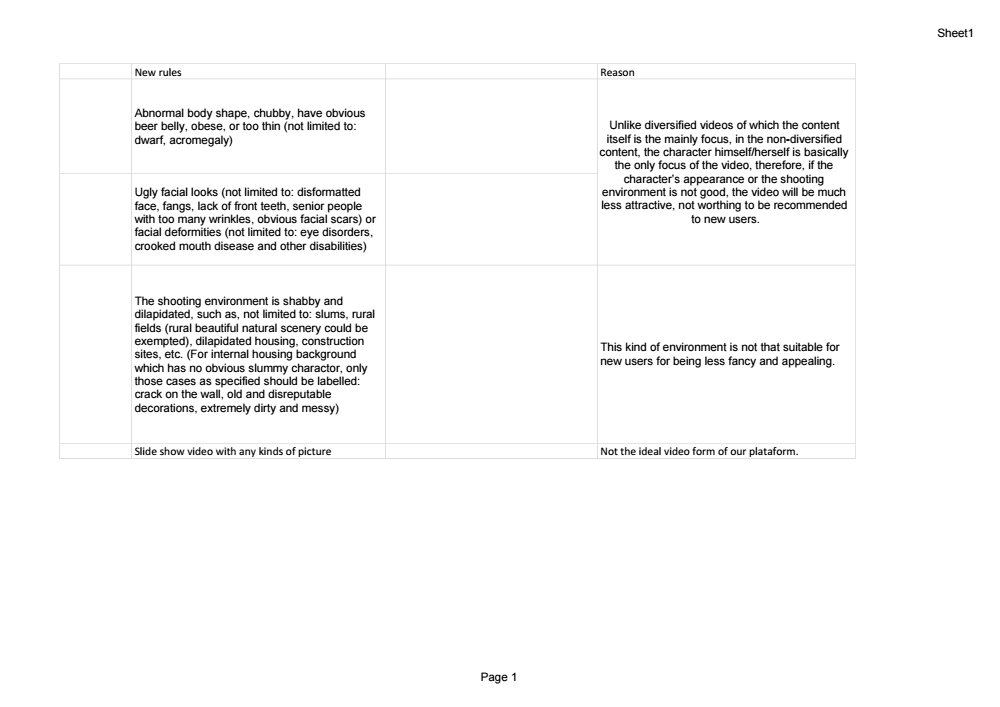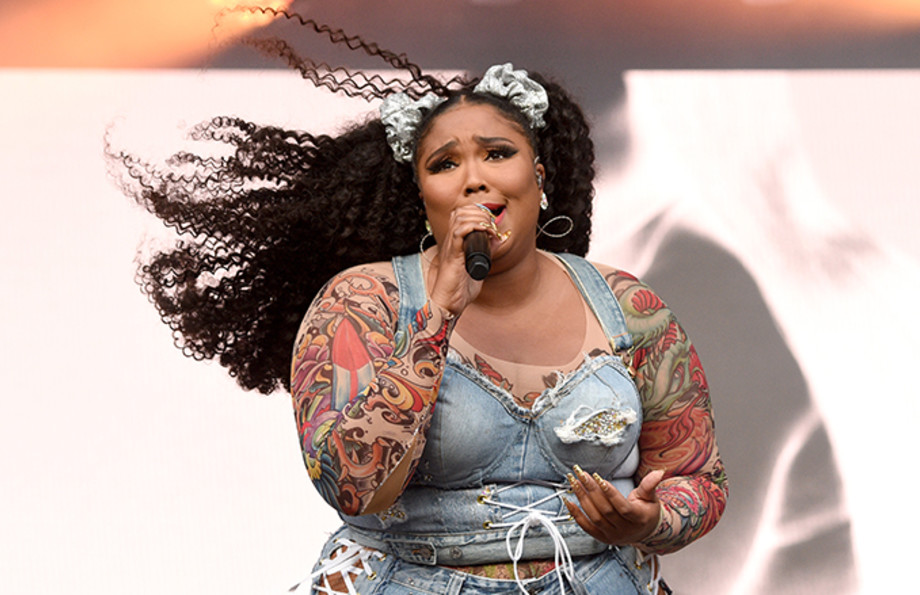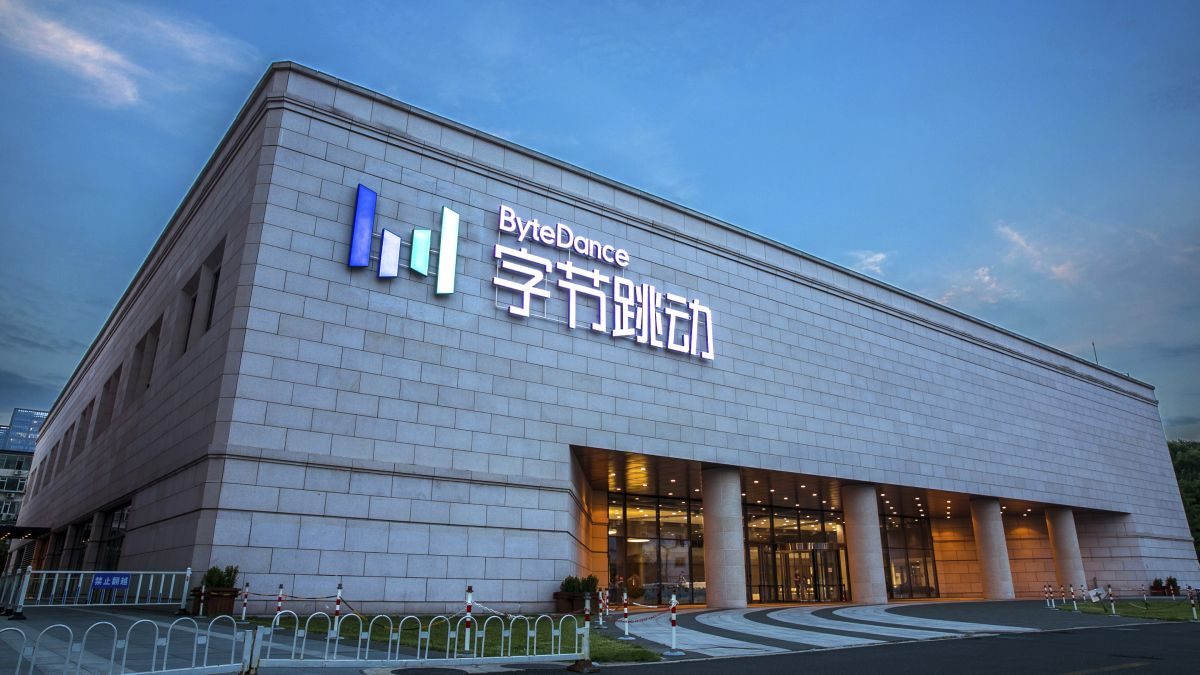Shocking documents obtained by online news publication The Intercept reveal that moderators of media-sharing app TikTok are instructed to avoid posts that are ‘too ugly, poor or disabled’.
Responsible for a variety of ‘dances’ and ‘challenges’, TikTok is now under question, with new documents revealing that the platform filters out content from users that are deemed to be unattractive, impoverished or disabled.
Factors that determine whether content is ‘suitable’ or not range from ‘abnormal body shape’ to ‘cracked walls’, with documents saying,
“if the character’s appearance or the shooting environment is not good, the video will be much less attractive, not worthing [sic] to be recommended to new users.”

Earlier this month pop singer, Lizzo, accused the platform of body-shaming, claiming that TikTok was removing videos of her in bathing suits. The singer went on to question why the platform allowed other users to wear bathing suits in their videos. Since then, the platform has apologised and reposted the artist’s videos.

Now while Lizzo does represent a large portion of the population that doesn’t fit the ‘traditional slim-waist ideal’, her star-power isn’t available to the general public. And if status and fame is what is required in order to force the platform to reverse their moderation protocols, then some users may face further discrimination during the anticipated boom in usage through the COVID-19 ‘self-isolation’ period.
The Age Of The Coronavirus

It’s here and it’s spreading fast. The coronavirus is driving people indoors and with social media at our fingertips, moderators will have their work cut out for them.
The reward system social media provides has been regarded as the ‘craving‘ factor that forces users to revisit platforms. Now while users continue to argue over whether ‘likes’ actually determine social status, Instagram has been trialling their latest approach to moderation. November 2019 saw the removal of ‘number of likes’ on Instagram, with CEO Adam Mosseri saying, “When we look at the world of public content, we’re going to put people in that world before organisations and corporations”.
WATCH: Instagram CEO Adam Mosseri announces that the platform will start hiding likes for US audiences starting next week. It's the latest step in Instagram’s quest to become the safest place on the internet. https://t.co/BGkMG57rdk #WIRED25 pic.twitter.com/WNTyAPVhaD
— WIRED (@WIRED) November 9, 2019
While the move has generated a mixed response from fans and celebrities, it’s clear that Instagram is open to potential advancements to their platform and the social media industry.
Following the trial on Instagram, the ‘removal of likes’ was then shifted to Facebook. With two major social media platforms abolishing the ‘like-counter’, it’s possible that a new trend is emerging.
TikTok, similar to early versions of Instagram, provides users with the ability to access the number of likes and views received from their videos. Although it is possible that these features may be turned off in the future, documents revealing the platform’s arbitrary moderation process could make any future updates redundant. The platform does say that the documents are ‘old’, however the recent accusations from Lizzo suggest that not much has changed at the social media giant.
In response to the issue, anonymous moderators at TikTok revealed that the platform’s censorship policies are determined by the ‘powers that be’ – in this case ByteDance. ByteDance is a Beijing-based technology company that heads multiple content-platforms including TikTok, Helo and Vigo Video.
ByteDance – A Government Controlled Entity?

Initially released in 2016 as Douyin to the Chinese market, parent-company ByteDance released the app as TikTok to international markets in 2017 and now houses 1.4 million monthly users in Australia and New Zealand alone. However, while the platform’s goal is to “inspire creativity and bring joy”, ByteDance’s ties to the Chinese Communist Party has raised some eyebrows.
For example, in January 2019 sources revealed that Uighur Muslims were being held in concentration camps in Xinjiang, China. Information then began to surge about the brainwashing tactics employed by the concentration camps, and before too long a ‘makeup tutorial’ that explained the horrors of the Xinjiang camps was posted on TikTok. While the platform says that the Chinese Government does not influence their operations, the ‘makeup tutorial’ by Feroza Aziz was taken down and her account was suspended.
Eventually, the platform released an apology and an ‘explanation‘ for the removal of Aziz’s video. But with the Chinese Government defending the torturous conditions at Xinjiang, the moderation of ‘awareness’ videos is not a good look for Beijing-based ByteDance.
With a clear influence dictating how content is moderated on the platform, could it be possible that non-discriminatory regulations may be too much to ask for from TikTok?
Subscribe to FIB’s Weekly Alchemy Report for your weekly dose of music, fashion and pop culture news!







